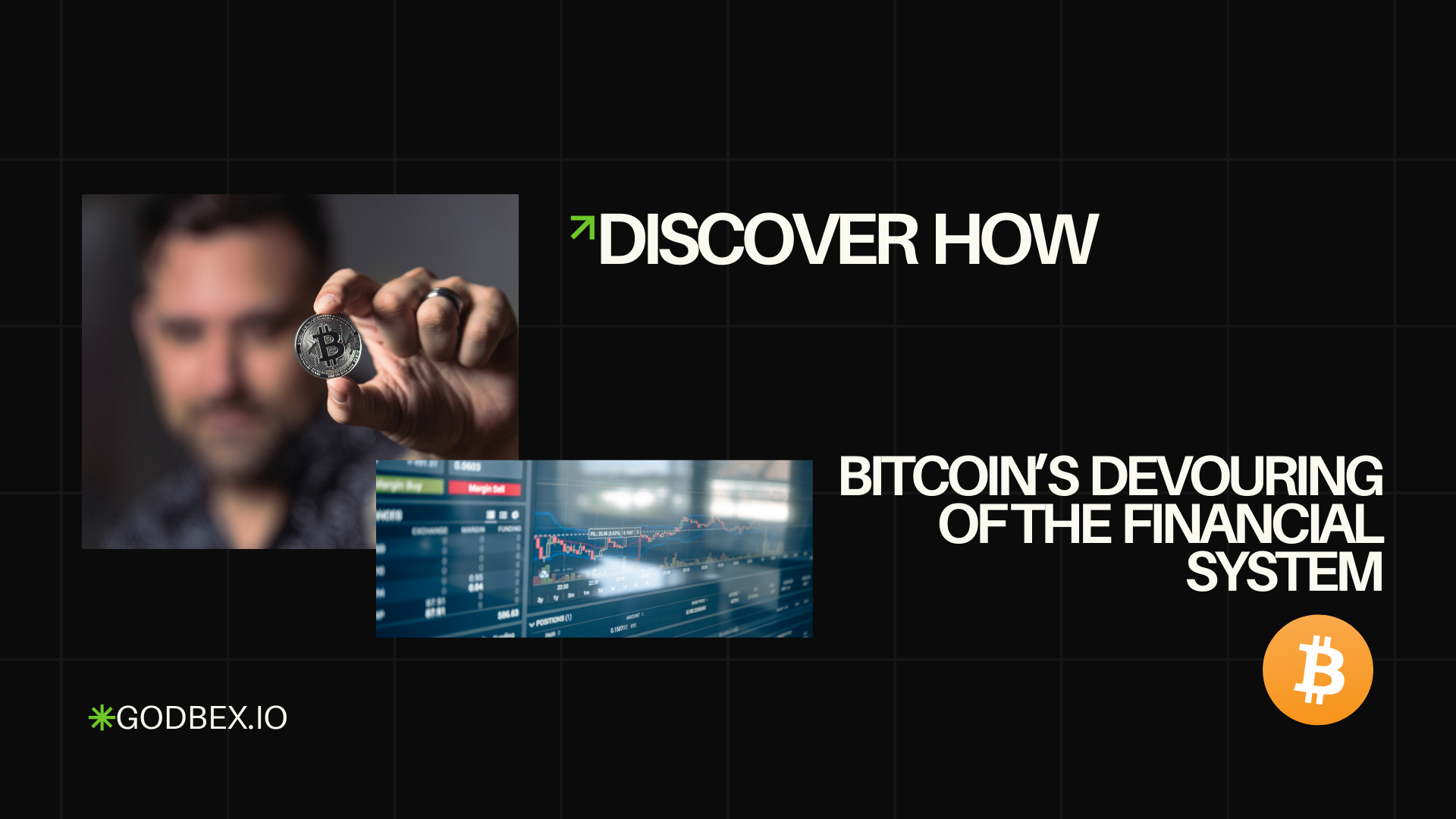
Introduction
Bitcoin, the world’s first cryptocurrency, has evolved beyond a mere speculative asset to become a force of disruption in global finance. In a recent podcast episode titled “Podcastovoe Obshchestvo” on ForkLog’s YouTube channel, Anatoly Kaplan, founder of ForkLog, made a striking claim: “Bitcoin has devoured the existing financial system and is now digesting it.” Kaplan’s analogy to Shiva—the Hindu deity of destruction and renewal— highlights Bitcoin’s role in dismantling outdated financial structures and fostering a new economic paradigm. This article explores his vision, the implications for traditional finance, and Bitcoin’s evolving cultural and philosophical significance.
Bitcoin as Shiva: Destroyer and Creator
Kaplan likens Bitcoin to Shiva, the Hindu god who destroys to enable rebirth. He argues that Bitcoin is not merely a currency but a philosophical revolution that challenges centralized control over money.
Key Points from Kaplan’s Analysis:
- Destruction of Legacy Systems:
- Bitcoin undermines traditional banking by enabling peer-to-peer transactions without intermediaries.
- Its fixed supply (21 million BTC) contrasts with fiat currencies subject to inflation via central bank policies.
- Fertilizing the Ground for a New Economy:
- Bitcoin’s decentralization forces societies to rethink resource distribution.
- Its “digital scarcity” creates a framework for trustless, borderless value transfer.
- Cultural Symbolism:
- Bitcoin transcends economics, representing a shift in human consciousness toward self-sovereignty.
Bitcoin’s Critique of Centralized Control
Kaplan questions the ethics of centralized monetary systems:
- Who Controls Redistribution?
Central banks and governments monopolize money creation, often favoring elites. Bitcoin’s algorithmic scarcity democratizes value. - The Illusion of Decentralization:
- While Bitcoin promotes decentralization, Kaplan notes its principles have been “converted into material wealth” rather than ideological progress.
- Institutional investors and whales now dominate BTC markets, raising concerns about new forms of centralization.
Bitcoin’s Impact on Traditional Finance in 2025
- Market Dominance:
Bitcoin’s market cap exceeds $2 trillion, rivaling major global banks. Its adoption by institutions (e.g., MicroStrategy, Tesla) underscores its financial clout.
- Regulatory Pushback:
Governments like China and the EU impose strict controls, but Bitcoin’s blockchain remains resilient.
- Microtransactions and Accessibility:
Layer-2 solutions (e.g., Lightning Network) enable $0.01–$1 transactions, challenging legacy payment systems like Visa and SWIFT.
The Role of AI in Human Evolution
Kaplan extends his critique to artificial intelligence (AI), arguing that its true purpose isn’t to create utopia but to catalyze human consciousness evolution.
Key Insights:
- AI’s Purpose:
Instead of eliminating work, AI should guide humans toward internal growth—self-awareness and ethical decision-making.
- Synergy with Bitcoin:
AI could optimize Bitcoin’s energy efficiency and security but must align with human values to avoid dystopian outcomes.
Critiques and Counterarguments
- Centralization Concerns:
- While Bitcoin’s protocol is decentralized, mining pools and exchanges centralize control.
- Volatility and Accessibility:
- BTC’s price swings ($20K–$100K) deter mainstream adoption.
- Regulatory Headwinds:
- The SEC’s scrutiny of crypto ETFs and stablecoins threatens Bitcoin’s growth.
ForkLog’s Vision: Bitcoin’s Cultural Legacy
Kaplan emphasizes Bitcoin’s ideological roots:
- Beyond Money:
Bitcoin is a tool to question power structures and reclaim autonomy.
- 2025 Reality Check:
Despite its potential, Bitcoin remains a niche asset. Only 2% of global adults hold crypto, per Chainalysis.
The Future of Bitcoin and Finance
- Adoption Acceleration:
- Emerging markets (Africa, Latin America) use Bitcoin to bypass inflationary fiat.
- Regulatory Equilibrium:
- Governments may adopt central bank digital currencies (CBDCs) to compete, but Bitcoin’s decentralization retains its edge.
- Philosophical Shift:
- Bitcoin’s success hinges on fostering cultural acceptance over just financial utility.
FAQs: Bitcoin’s Disruption and Philosophy
Q1: How does Bitcoin “destroy” traditional finance?
- A: By enabling direct peer-to-peer value transfer without banks or governments.
Q2: Is Bitcoin truly decentralized?
- A: Its protocol is, but mining and exchange dominance create operational centralization.
Q3: What role does Shiva symbolism play?
- A: It underscores Bitcoin’s dual role in dismantling old systems to build anew.
Q4: How does AI relate to Bitcoin’s goals?
- A: AI can optimize Bitcoin’s tech but must align with human ethical growth.
Q5: Why is ForkLog’s founder critical of current crypto adoption?
- A: Decentralization ideals have been overshadowed by profit-driven institutional adoption.
Conclusion
Anatoly Kaplan’s metaphor of Bitcoin as a modern-day Shiva captures its dual role: both destroyer of old financial norms and creator of a new economic era. While challenges like regulation and centralization persist, Bitcoin’s philosophy of self-sovereignty resonates with a growing global audience. As AI and blockchain converge, the crypto movement faces a pivotal question: Will it prioritize profit or the radical ideals of decentralization and equity?